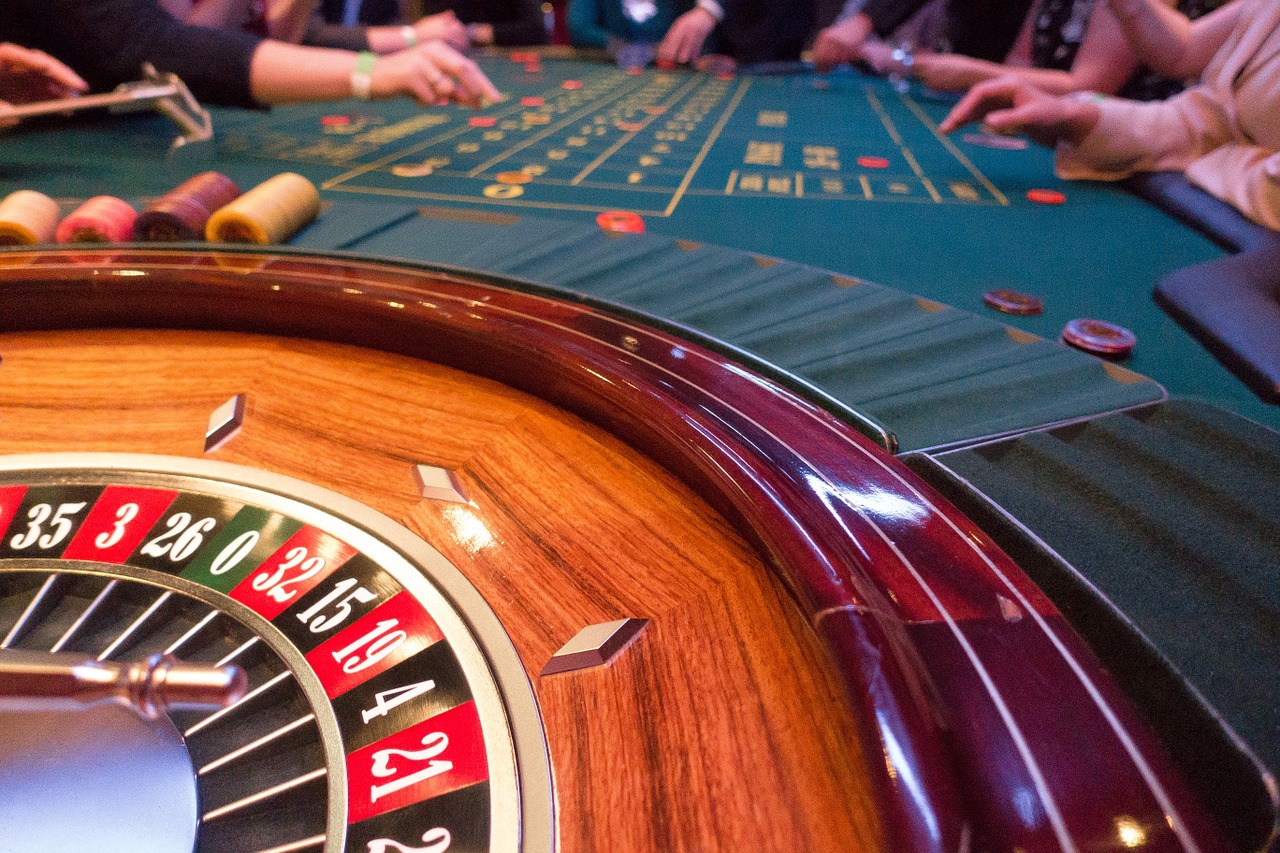
Gambling games have long been an integral part of human culture, delivering not just entertainment but a intriguing reflection of our aspirations, dreams, and concerns. From the rotating wheels of a slot machine to the skill-based strategies of poker, these games embody a spectrum of human feelings and events. At their core, casino games are not just a chance to make profits; they are a reflection of life itself, where risk versus reward merge and luck can change in an eye blink.
As players convene around tables or sit in front of vibrantly illuminated machines, they take part in a ceremony that transcends mere playing. These games mirror our natural desires for relationships, excitement, and the quest for chance. They also disclose deeper truths about human behavior, such as our relationship with chance and the thrill of uncertainty. In exploring casino games, we discover not only the mechanics of play but also the complex weave of the human experience, showcasing our interconnected narratives of goal and reality.
The Mind Behind Gambling
Gambling is intrinsically connected in human psychology, tapping into various emotions and wants. The thrill of risk-taking is a core aspect that draws players in, be it it’s excitement of spinning a roulette wheel or the excitement of drawing a winning card in poker. non UK casinos This adrenaline is often compared to other forms of excitement, as the uncertainty of outcomes triggers a distinct psychological response. Gamblers often become entranced by the chance of striking it rich, leading to an irresistible draw toward gambling games.
Additionally, an essential component of the psychology behind gambling is the concept of hope and ambition. Participants often nourish fantasies of financial freedom and the luxurious lifestyle that can accompany winning. This hope fuels their continued participation in gambling, as it provides a sense of meaning and the belief that a transformative win could be just one bet away. The narrative of overcoming odds and finding success resonates with many, strengthening their dedication to play and engage with these games.
Lastly, social dynamics play a crucial role in gambling psychology. Casino environments are designed to promote social interaction, where players gather to share the experience of wins and losses. This communal aspect not only amplifies enjoyment but also affects behavior, as individuals often mimic the actions of others around them. The collective approval found in mutual thrill can magnify the emotional experience, making casino games a reflection of not just personal desires but also collective engagement within the gaming community.
### Risk and Reward: A Double-Edged Sword
Gambling games embody the fragile balance between risk and gain that resonates profoundly with human psychology. The thrill of placing a bet is often accompanied by a jolt of energy, as gamblers are confronted with the chance of striking it rich, yet fully aware of the risk to lose. This bipartisan experience reflects a essential aspect of life: the choices we make often come with inherent risks, and the pursuit of reward can push us to make risky moves we might not typically consider. In this way, gambling activities reflect real-world choices, enticing players to gamble not just their capital, but also their aspirations.
The allure of jackpot prizes and payouts fuels a wave of hope, encouraging gamblers to envision a more promising future that could manifest from a fortunate turn of the wheel or flip of a card. This optimism can motivate individuals to engage in greater risks, encouraging them to push their boundaries in search of monetary success. However, just as in life, the results of these decisions can lead to both triumph and despair. The stories of both jackpot winners and those who have lost everything at the tables demonstrate the unpredictable nature of chance and its significant repercussions on our futures.
Ultimately, the interaction of engaging with casino games serves as a vivid illustration of the human condition. Every round played is loaded with the tension of risk, as players weigh the gains against the risks. This dynamic not only highlights the excitement that comes with gambling but also reveals the vulnerabilities that come with the longing for more. As we journey through the complexities of decision-making and consequence in both the gambling world and in life, we find that the pursuit of risk and reward shapes our character and experiences in deep ways.
Community and Loneliness in Gambling Environment
Gambling culture is a unique blend of communal interaction and individual pursuit, reflecting the tensions of individual experience. Gamblers often gather around tables, experiencing in the excitement of the game, rejoicing in wins, and commiserating over losses. This social aspect is essential, as it creates a sense of belonging and camaraderie among varied groups of people. Regular attendees to gaming establishments may build friendships and develop routines, turning the gambling venue into a alternative home where they experience connected to a larger community of players.
However, the allure of casino activities can also result to loneliness. As players become engrossed in the excitement of gambling, they may isolate from personal connections or neglect to interact with the environment outside the gaming space. For some, the pursuit of a windfall can distract from real connections, leading to loneliness. The situation of being surrounded others yet experiencing solitary is not rare, as the focus shifts from shared enjoyment to the individual concerns of each individual’s journey.
This interplay of society and isolation creates a rich tapestry that defines casino atmosphere. It highlights the complexity of human interactions, where joy and sorrow exist together. Casinos serve as both a refuge for social interaction and a platform for individual struggles, illustrating how deeply connected our desire for companionship and the individual quest for fortune can be. In navigating this environment, gamblers confront their own stories—seeking both the thrill of the wager and the companionship of other players, ultimately reflecting the broader spectrum of individual experience.
